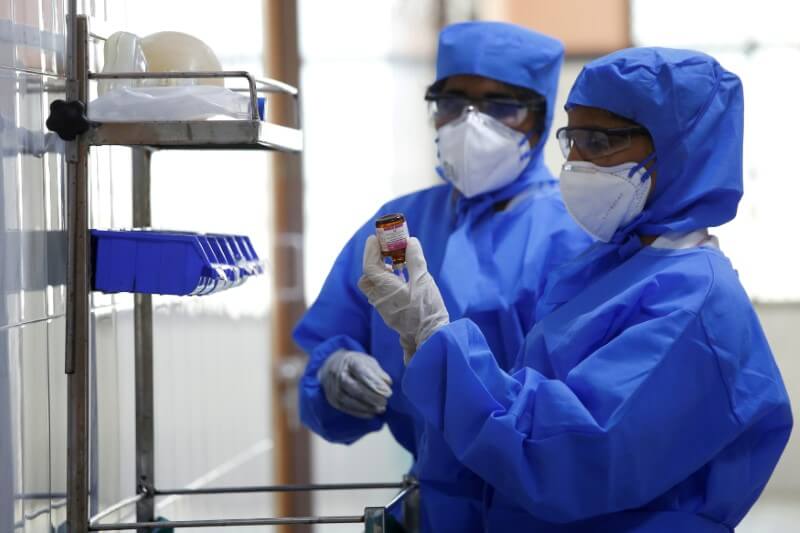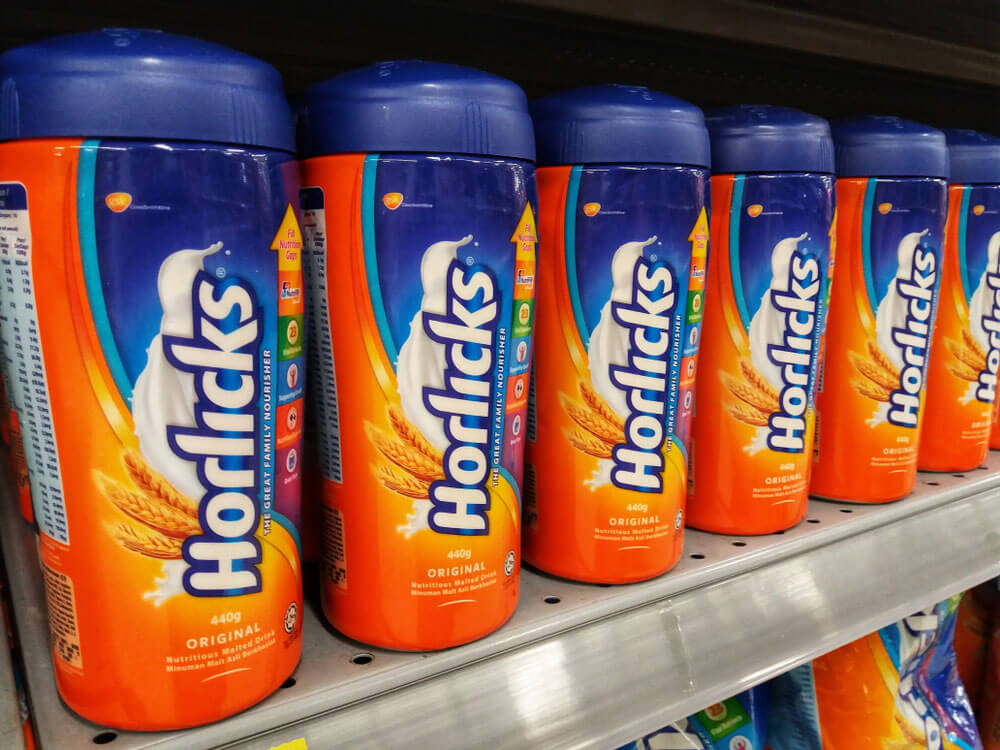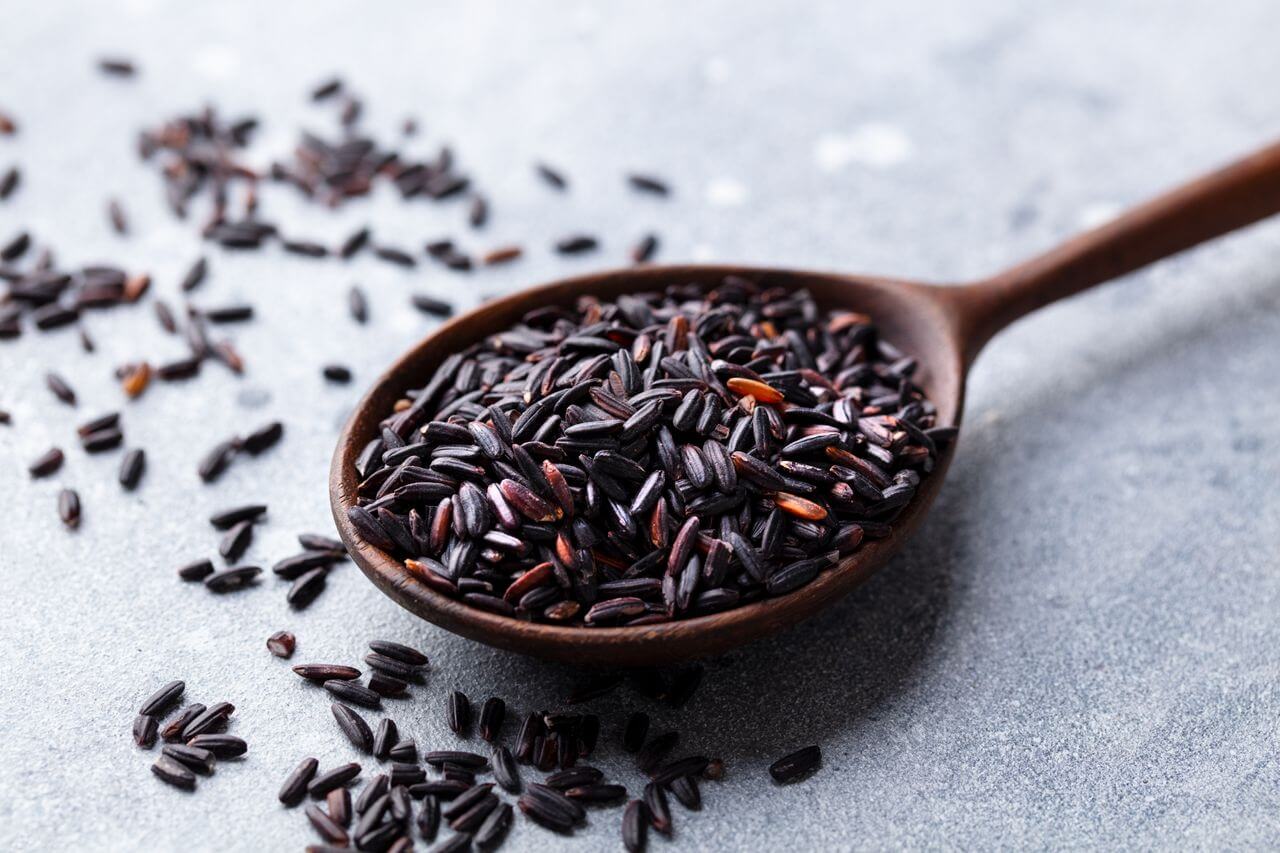New study suggests Espresso coffee may reduce chances of getting Alzheimer's
Thu 20 Jul 2023, 23:21:41

The study, published in ACS' Journal of Agricultural and Food Chemistry, showed that drinking the popular drink, espresso coffee, can prevent the risk of Alzheimer's disease - an advance that could pave the way toward finding or designing other bioactive compounds against other neurodegenerative diseases.
A laboratory study conducted by Italian researchers showed that in preliminary in vitro laboratory tests, espresso compounds can inhibit tau protein aggregation - a process that is believed to be involved in the onset of Alzheimer's disease.
Recent research has suggested that coffee could also have beneficial effects against certain neurodegenerative diseases, including Alzheimer's disease. Although the exact mechanisms that cause these conditions are still unclear, it's thought that a protein called tau plays a significant role.
In healthy people, tau proteins help stabilise structures in the brain, but when certain diseases develop, the proteins can clump together into fibrils. Some researchers propose that preventing this aggregation could alleviate symptoms.
A team led by Mariana D'Onofrio and colleagues from the Department of Biotechnology at the University of Verona, Italy wanted to see if compounds in espresso
could prevent tau aggregation in vitro.
could prevent tau aggregation in vitro.
The researchers pulled espresso shots from store-bought beans and then characterised their chemical makeup using nuclear magnetic resonance spectroscopy.
They chose caffeine and trigonelline, both alkaloids, the flavonoid genistein and theobromine, a compound also found in chocolate, to focus on in further experiments.
These molecules, along with the complete espresso extract, were incubated alongside a shortened form of the tau protein for up to 40 hours.
As the concentration of espresso extract, caffeine or genistein increased, fibrils were shorter and didn't form larger sheets, with the complete extract showing the most dramatic results.
Shortened fibrils were found to be non-toxic to cells, and they did not act as "seeds" for further aggregation.
In other experiments, the researchers observed that caffeine and the espresso extract could both bind pre-formed tau fibrils.
Although much more research is needed, the team said that their preliminary in vitro findings could pave the way toward finding or designing other bioactive compounds against neurodegenerative diseases, including Alzheimer's.
No Comments For This Post, Be first to write a Comment.
Most viewed from
Most viewed from Health
AIMIM News
Latest Urdu News
Most Viewed
May 26, 2020
Which cricket team will win the IPL 2024?
Latest Videos View All
Like Us
Home
About Us
Advertise With Us
All Polls
Epaper Archives
Privacy Policy
Contact Us
Download Etemaad App
© 2024 Etemaad Daily News, All Rights Reserved.













.jpg)
.jpg)
.jpg)
.jpg)
.jpg)
.jpg)
.jpg)
.jpg)
.jpg)
.jpg)
.jpg)
.jpg)
















